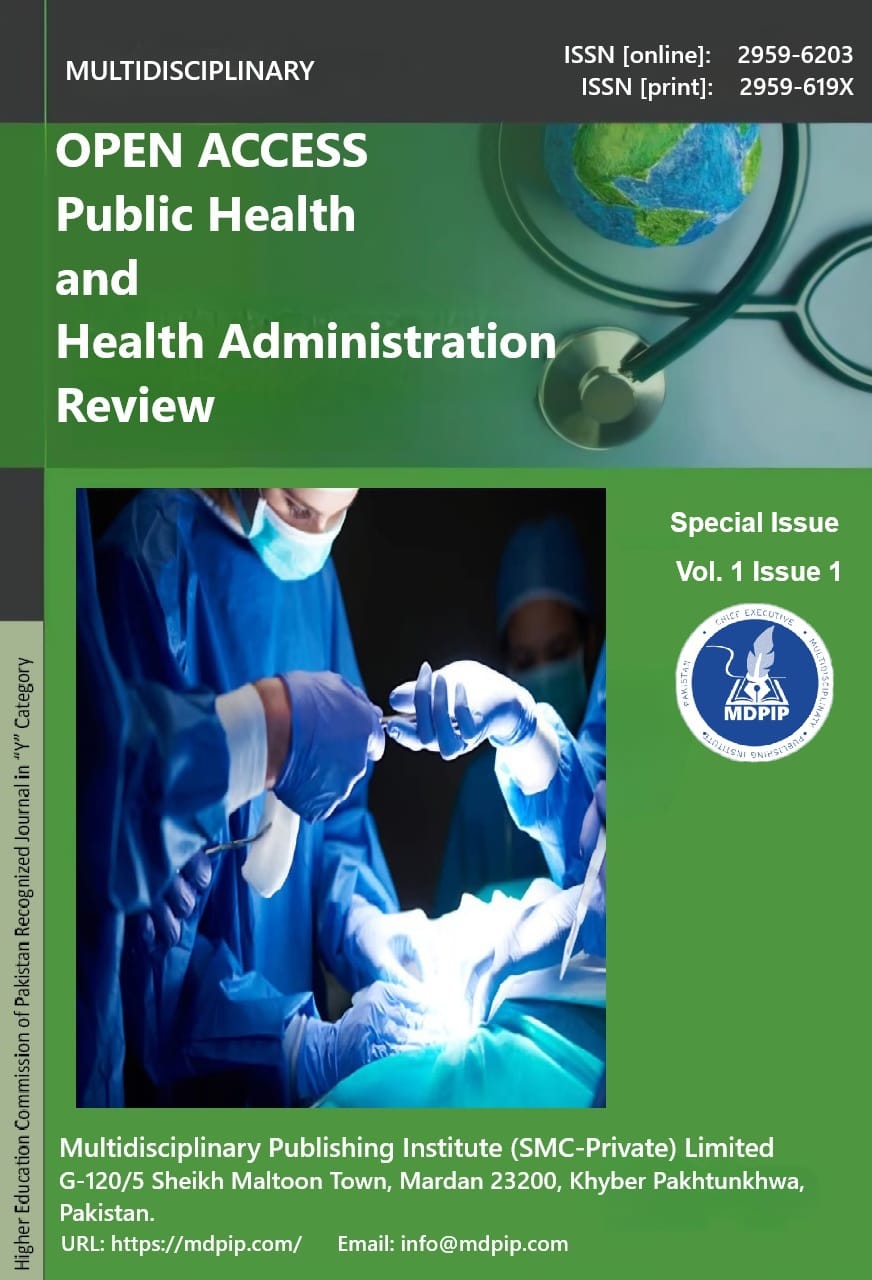The Expanding Role of Pharmacists in Antimicrobial Stewardship: Strategies to Combat Antibiotic Resistance in Healthcare Systems
DOI:
https://doi.org/10.59644/oaphhar.1(1).235Keywords:
Antibiotic Resistance, Antimicrobial Stewardship, Clinical Outcomes, Pharmacist Interventions, Public Health, Rational PrescribingAbstract
The study examined the expanding role of pharmacists in antimicrobial stewardship (AMS) and their contribution to combating antibiotic resistance within healthcare systems. The primary aim was to evaluate how pharmacists’ interventions in antibiotic prescribing, monitoring, and education impacted antimicrobial resistance patterns and patient outcomes. The study began with a review of contemporary AMS models emphasizing interdisciplinary collaboration and pharmacist-led interventions. Quantitative and qualitative data were collected from multiple hospital settings where pharmacists actively participated in stewardship programs. Data was analyzed using descriptive statistics and thematic analysis to determine the effectiveness of pharmacist-led AMS initiatives. The results demonstrated that pharmacists significantly improved antibiotic optimization, reduced inappropriate prescriptions, and enhanced clinical outcomes through regular audits, feedback, and prescriber education. Findings revealed a 25% improvement in adherence to antibiotic guidelines and a notable decline in broad-spectrum antibiotic use. Furthermore, pharmacists contributed to cost reductions and better infection control practices. The study concluded that integrating pharmacists into AMS teams was essential for sustainable antibiotic management and the reduction of antimicrobial resistance. Future research should investigate the integration of digital technologies such as artificial intelligence and telepharmacy to support pharmacist-led AMS programs and explore global strategies to standardize training and policy frameworks for pharmacist participation in AMS.






